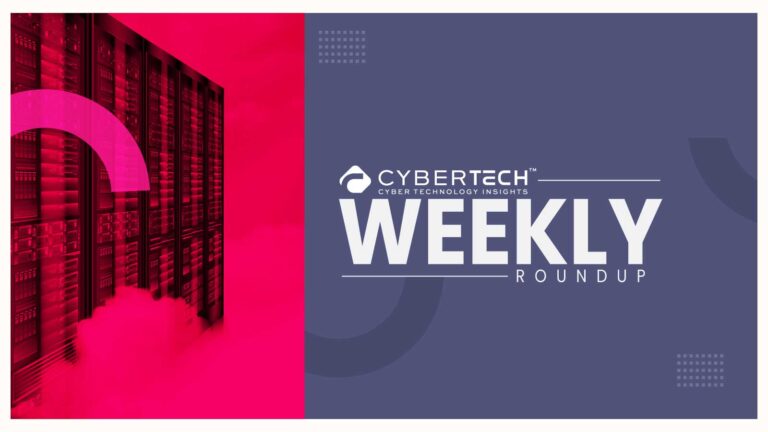IonQ, a leader in commercial quantum computing and networking, has declare a significant breakthrough in addressing energy grid optimization through quantum technology. In partnership with ORNL and the DOE, IonQ has successfully demonstrated that its hybrid quantum-classical computing approach can effectively tackle the Unit Commitment problem, a fundamental challenge for power grid management.
The Unit Commitment problem involves determining the most efficient scheduling of power generators to meet electricity demands at the lowest cost. This task becomes increasingly complex as power systems grow and rely more heavily on a mix of controllable (like nuclear, natural gas, and hydroelectric) and variable sources (such as solar and wind energy).
The result was a successful demonstration of optimized scheduling across 24 time periods and 26 power generators—showing the potential of quantum systems in solving real-world energy challenges.
Cyber Technology Insights : Illumio Insights GA Delivers Industry’s First Solution to Contain Lateral Movement Across Hybrid, Multi-Cloud
“This achievement represents a pivotal moment for quantum computing applications in the energy sector,” said Niccolo de Masi, CEO of IonQ. “Our collaboration with ORNL and the DOE is pushing the boundaries of what’s possible. As our quantum platforms expand to thousands or even millions of qubits, we anticipate solving grid optimization problems beyond the reach of classical computers.”
Quantum computing is increasingly viewed as a promising technology for the energy industry due to its capabilities in handling complex simulations and optimization problems. According to data from the U.S. Energy Information Administration, over 60% of the energy used in generating electricity is currently lost, signaling a major opportunity for efficiency improvements through advanced computational tools.
This project is a component of the DOE’s multi-year GRID-Q initiative, which brings together national labs, academic institutions, and private companies to explore quantum solutions for power grid operations. ORNL is leading the program, and IonQ is one of only two selected quantum industry partners tasked with designing scalable quantum algorithms for grid management.
Cyber Technology Insights : Backslash Security to Unveil Comprehensive Vibe Coding Security Platform at Black Hat USA 2025
“The work we conducted with IonQ proves that quantum devices—specifically ion-trap systems—can be applied to solve real-world optimization problems such as Unit Commitment,” said Suman Debnath, project lead at ORNL. “Future advancements in quantum hardware will allow us to test how performance scales and where quantum advantage can be achieved.”
IonQ projects that quantum systems equipped with between 100 and 200 high-fidelity qubits—anticipated by 2026—will be capable of solving full-scale Unit Commitment problems. The optimization strategies validated through this collaboration are not limited to the energy sector and can also be adapted for use in logistics, financial modeling, and scheduling.
This announcement adds to IonQ’s ongoing collaboration with ORNL. Their past joint initiatives have focused on developing noise-resilient quantum methods for tackling complex optimization issues, as well as innovative strategies for scalable quantum computation. IonQ is also working on a separate $22 million project with EPB of Chattanooga to improve energy grid efficiency through quantum technology.
Cyber Technology Insights : Noma Security Raises $100 Million to Drive Adoption of AI Agent Security
To participate in our interviews, please write to our CyberTech Media Room at sudipto@intentamplify.com
Source: businesswire




